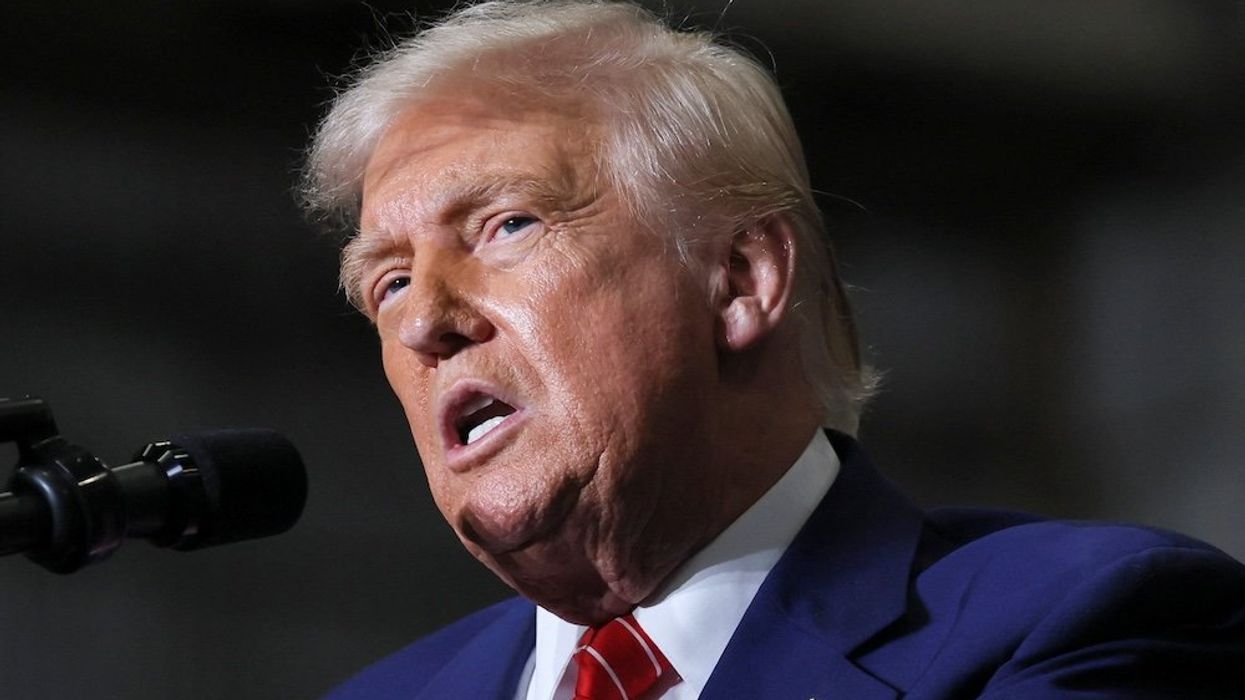President Donald Trump may have more trouble than expected getting his so-called "big, beautiful bill" through the U.S. Senate despite having a Republican majority to work with.
On Monday, CNN correspondent Manu Raju tweeted that Sen. Shelley Moore Capito (R-W.Va.) said that the recent congressional recess was educational for her in that it showed how closely her constituents are following the bill's progression. Capito said that West Virginians had "a lot of concern" about the bill's significant cuts to Medicaid (the state-run health insurance program for low-income and disabled Americans).
"We haven't had a chance to digest how it's going to impact our hospitals," she added.
READ MORE: 'We are going to put you under arrest': MAGA leader gives ultimatum to pro-Trump senator
According to an analysis of the bill by the Kaiser Family Foundation, the legislation would cut federal funding for Medicaid by $723 billion over a 10-year window, and increase the total number of uninsured Americans by 7.6 million. This would be done through various ways like increasing bureaucratic barriers to Medicaid enrollment (like instituting stricter work requirements) and increasing the number of eligibility redeterminations for Medicaid in states that expanded it under the Affordable Care Act.
In terms of Sen. Capito's specific concerns about hospitals, a significant loss in Medicaid funding could mean that many rural hospitals would close, as they rely on Medicaid as a significant source of revenue. The National Rural Health Association (NRHA) reported in April that as many as 45% of rural hospitals already operate with negative margins. According to the NRHA, rural hospital closures would also be economically devastating for those communities, in addition to harming healthcare outcomes.
"Since most rural hospitals own and operate primary care clinics, when they close, so does that primary care office. That means little to no access to local healthcare, forcing people to travel a long distance for emergency, inpatient, or primary care," the NRHA wrote. "If a rural hospital closes, the negative economic impact is large, with businesses relocating and new ones not being started."
In addition to Capito, Sens. Ron Johnson (R-Wisc.) and Rand Paul (R-Ky.) have also indicated they plan to oppose the bill in its current form, citing concerns about it increasing the federal deficit by trillions of dollars over the next decade.
READ MORE: 'Who will tell him?' Senate GOP leader slammed for comment about low-income Americans


